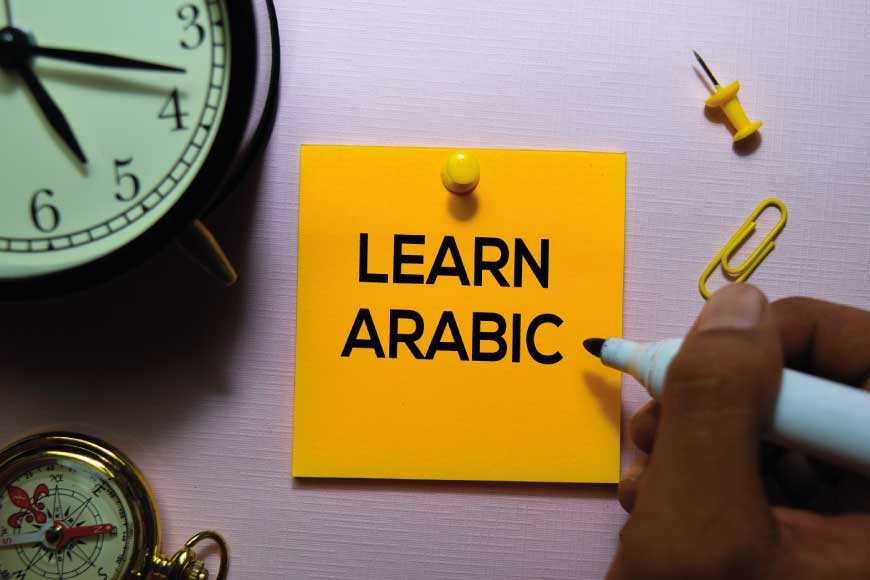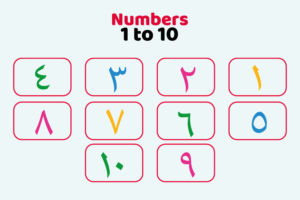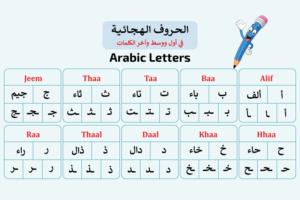
Mastering Arabic: A Beginner’s Guide to Learning the Language
Learning a new language can be an enriching experience, opening doors to new cultures, ideas, and opportunities. Arabic, one of the world’s oldest and most influential languages, is no exception. Whether you’re interested in the rich history of the Middle East, Islamic studies, or simply looking to add a valuable skill to your repertoire, mastering Arabic can be a rewarding challenge. This beginner’s guide aims to help you navigate the process of learning Arabic, offering practical tips, resources, and techniques to set you on the path to fluency.
Understanding the Importance of Arabic
Arabic is spoken by over 420 million people worldwide, making it the fifth most spoken language globally. It is the official language of 22 countries, including Egypt, Saudi Arabia, and the United Arab Emirates, and is one of the six official languages of the United Nations. Additionally, Arabic is the liturgical language of Islam, which is practiced by over a billion people globally. Learning Arabic not only allows you to communicate with millions of people but also provides a deeper understanding of the cultural, historical, and religious contexts in which the language is used.
The Challenges of Learning Arabic
Before diving into the learning process, it’s important to acknowledge that Arabic is considered one of the more difficult languages for English speakers to learn. The Arabic script, right-to-left writing system, and pronunciation can be daunting for beginners. Furthermore, there are several dialects of Arabic, including Egyptian, Levantine, and Gulf Arabic, which can vary significantly from Modern Standard Arabic (MSA), the form used in formal writing and media.
However, with determination, the right resources, and effective learning strategies, mastering Arabic is entirely achievable.
Tips for Beginners: How to Start Learning Arabic
- Start with the Arabic Alphabet:
The Arabic alphabet consists of 28 letters, each of which can take different forms depending on its position in a word. Begin by familiarizing yourself with the alphabet and practicing writing and pronouncing each letter. Online resources, flashcards, and sites like Bis School and Memrise can be useful for this purpose. - Focus on Pronunciation:
Arabic has sounds that may be unfamiliar to English speakers, such as the guttural ‘ع’ (ayn) and ‘ق’ (qaf). Listening to native speakers and practicing with language partners or tutors can help you master these sounds. Resources like YouTube tutorials, language exchange programs, and pronunciation guides are invaluable. - Learn Basic Vocabulary and Phrases:
Start by learning common Arabic phrases and vocabulary that are useful in everyday situations. Greetings, introductions, and basic questions will give you a foundation to build on. Consider creating a vocabulary journal or using language apps that offer spaced repetition to help you retain new words. - Immerse Yourself in the Language:
Immersion is key to mastering any language. Surround yourself with Arabic by listening to Arabic music, watching Arabic TV shows and movies, and reading Arabic books or newspapers. Immersive learning helps you get accustomed to the rhythm and flow of the language. - Practice Speaking Regularly:
Speaking is a critical aspect of language learning. Find language exchange partners through platforms like HelloTalk or Bis School, where you can practice speaking Arabic with native speakers. Alternatively, consider hiring a tutor who can guide your learning and provide structured practice sessions At our School. - Explore Arabic Dialects:
While MSA is essential for formal communication, it’s also beneficial to learn a specific dialect, especially if you plan to live in or visit an Arabic-speaking country. Choose a dialect based on your interests or the region you’re most likely to engage with. For example, Egyptian Arabic is widely understood due to Egypt’s influential media industry. - Utilize Language Learning Resources:
There are numerous resources available for learning Arabic, from textbooks and online courses to language apps and podcasts. Popular resources include “Alif Baa” for beginners, “Madinah Arabic,” and online platforms like Our School and Babbel. These resources offer structured lessons and exercises to help you progress in your learning journey. - Set Realistic Goals:
Language learning is a marathon, not a sprint. Set achievable goals, such as learning a certain number of words each week or being able to hold a basic conversation by a specific date. Tracking your progress can keep you motivated and focused.
The Benefits of Learning Arabic
Mastering Arabic offers numerous benefits beyond communication. It enhances your cognitive skills, such as problem-solving and memory, and boosts your cultural awareness and empathy. Moreover, in today’s globalized world, Arabic is a valuable skill in various fields, including international business, diplomacy, translation, and journalism.
Conclusion
Learning Arabic may seem challenging at first, but with patience, dedication, and the right approach, it is entirely possible to achieve fluency. By following this beginner’s guide, you can start your journey to mastering Arabic, opening the door to a world rich in culture, history, and opportunities. Remember, every step you take brings you closer to your goal, so keep practicing and stay motivated. The rewards of learning Arabic are well worth the effort.



